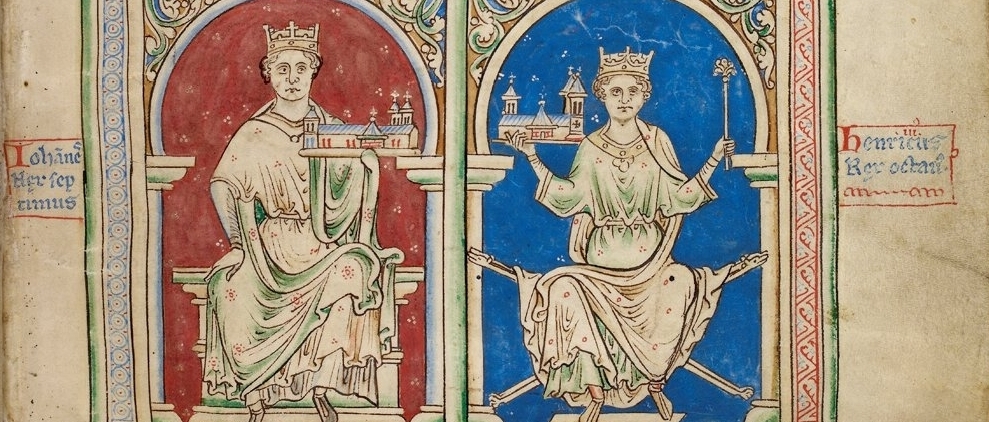Government in the Middle Ages
Posted on 1st January 2021
Medieval government was based around the Feudal system, whereby a man was given something and in return he served a master.
Example: A peasant or worker given land, and in return he served his master by working on the master’s land. He became a vassal of that master.
The king ruled over the country, but individual barons and lords formed the true government.
Barons were vassals to the king
Lords were vassals to barons
Peasants or workers were vassals to lords
A lord managed his own estate (Manor) and he owned everything on it including the workers. The manor consisted of the castle or manor house, the land, church, farms and from this a village or town would develop.
A lord had ‘absolute power’ over his manor. He would levy taxes, produce his own money and preside over justice. The Lord would keep his workers (vassals) safe, in return he expected hard work and loyalty.
If the king needed to raise an army he would do so through his barons and lords. They were responsible for supplying the soldiers to the king. A vassal must serve his master, pay him taxes and go to battle when required.
Tagged as: Junior Middle Ages
Share this post:





